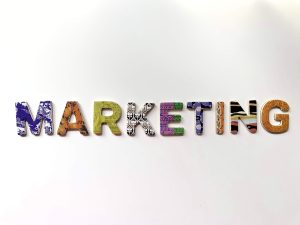
Introduction
The tourism and travel industries have undergone significant changes over the last 50 years. On the other, a very significant technology, AI, is around the corner for mass adoption. AI technologies have become significantly more advanced and production ready starting from the late 2010s.
Dustin Bomar, Head of Industry, Telecom at Google (Formerly: Head of Industry, Travel, Google) mentions 4 phases where Machine Learning can be helpful in the customer journey regarding travel & tourism at HSMAI Digital Marketing Strategy Conference in 2018.
Those phases of travel that are mentioned by Dustin are: Dreaming, Research & Booking, Experiencing and Sharing.
Let’s take a look at what they actually mean:
Video above consists of video frames where a human tourist interacts with various robots at a modern hotel-like building. It was created using text-to-video generative AI tool Kaiber AI. Although not perfect, these AI Video tools are incredibly powerful for imagining the next chapters with artificial intelligence.
The dreaming phase of the consumer journey in travel refers to the initial stage of the planning process, when a person is considering taking a trip and is deciding where to go and what to do. During this phase, the consumer is typically in a “dreaming” or exploratory mode, watching vlogs and gathering information about potential destinations and activities and considering various options.
During the dreaming phase, the consumer may conduct speak with friends and family, watch videos and look at travel websites and social media to get ideas for their trip. They may also browse through travel guides and magazines to get a sense of the different types of experiences that are available.
The dreaming phase is an important stage in the consumer journey, as it helps the consumer narrow down their options and make decisions about where to go and what to do and when. It is also a time when the consumer is particularly receptive to marketing messages, as they are actively seeking information about potential destinations and activities. Travel companies and destinations can use this opportunity to promote themselves and influence the consumer’s decision-making process.
The research and booking phase of the consumer journey in travel refers to the stage of the planning process when a person is actively seeking out and comparing specific travel options and making a decision about where to go and what to do and when to do it. During this phase, the consumer is typically looking for more detailed information about specific destinations, activities, and travel providers, and is evaluating the pros and cons of different options.
During the research and booking phase, the consumer may visit multiple travel websites, compare prices and reviews, and speak with travel agents or customer service representatives to gather information and make a decision. They may also consult with friends and family and read online reviews to get a sense of the experiences and opinions of others.
This phase is an important stage in the consumer journey, as it is the point at which the consumer makes a commitment to a specific destination and travel plans. Travel companies and destinations can use this opportunity to differentiate themselves from competitors and convince the consumer to choose their product or service.
The experiencing phase of the consumer journey in travel refers to the stage of the trip when the consumer is actually on vacation and participating in the activities and experiences they have planned. During this phase, the consumer is typically focused on enjoying the destination and making the most of their trip.
During the experiencing phase, the consumer may engage in a wide range of activities, such as sightseeing, participating in recreational activities, and visiting local attractions. They may also interact with local businesses and service providers, such as restaurants, shops, and tour operators.
The experiencing phase is an important stage in the consumer journey, as it is the point at which the consumer actually experiences the destination and the activities they have planned. It is also a time when the consumer is likely to be more engaged with the destination and more likely to share their experiences with others, either through social media or word-of-mouth recommendations. Travel companies and destinations can use this opportunity to create a positive impression and encourage the consumer to return in the future.
The sharing phase of the consumer journey in travel refers to the stage of the trip when the consumer returns home (often also during the activities through live videos or immediate social media posts) and shares their experiences with others.
During this phase, the consumer may post photos and reviews on social media or write about their trip on travel blogs or websites. They may also speak with friends and family about their experiences and provide recommendations for places to visit and things to do.
The sharing phase is an important stage in the consumer journey, as it provides an opportunity for the consumer to reflect on their trip and share their experiences with others. It is also a time when the consumer may be more likely to make recommendations to others, which can influence their travel decisions. Travel companies and destinations can use this opportunity to capitalize on the consumer’s positive experiences and encourage them to promote the destination to others.
Artificial intelligence (AI) is expected to have a significant impact on all of the phases of tourism mentioned above. AI technologies, such as machine learning, natural language processing, and computer vision, are already being applied to automate tasks with AI, analyze data, make recommendations and assist decision-making in various contexts.
It would be a mistake to think that AI is just going to do what you currently do in a more efficient fashion. That will certainly be the case. But you would hate to fail to understand just how it can empower new forms of competition in travel.
– Dan McKone, L.E.K. Consulting
Self-driving vehicles have been successfully deployed in various cities around the world. Robots are becoming more capable and IoT interactions have reached a more advanced and complete stage. The future is truly here.
Table of Contents
In this article, we will briefly take a look at the tourism industry’s past transformation and speculate on how it will likely be impacted by the AI technologies in the foreseeable future and beyond.
Table of Contents:
Last 50 Years of Tourism Industry's Progress
Increased global connectivity and the growth of the internet and online booking platforms have made it easier for people to plan and book trips, and have increased the number of people who travel for leisure and business. In the last 50 years, we have seen these significantly progressive transformations in the tourism industry. Transportation and software related inventions below have transformed the culture as well as the tourism industry either directly.
- National Airlines :Mainly first half of the 20th century.
- Delta, American Airlines, United Airlines in the United States
- KLM, Air France, British Airways, Turkish Airlines, Lufthansa, SAS in Europe
- Emirates Airlines, Qatar Airlines, Saudi Arabia Airlines in the Middle East
- Low-cost Airlines :Mainly 1990s and early 21st century.
- JetBlue, Spirit, SouthWest, Frontier, Sun Country… in the US
- Ryan Air, WizzAir, EasyJet, GermanWings, EuroWings, Norwegian… in Europe & the UK
- Booking and cheap flight websites : Mainly 1990s and early 21st century also.
- Expedia, Kayak, Orbitz, Booking.com, Hotel.com, CheapFlights.com, CheapOAir, SkyScanner, Momondo, Google Hotel Search, AMEX Travel, TripAdvisor, Trivago…
- High-speed trains : Post WWII
- Increased globalization: Visa agreements, government & corporate campaigns
- AirBNB & Peer to peer hospitality models: starting from 2008
- Wifi Technology, Remote Work & DIgital Nomad Movement: recently, accelerated post Covid
- Other Niche Concepts : Redbull, Food Vloggers, GoPro, Medical Tourism

Advances in transportation, such as the development of low-cost airlines and high-speed trains, have made it more affordable and convenient for people to travel to different destinations.
The rise of social media and online review platforms have changed the way people research and choose travel destinations and accommodations, and have increased the importance of customer feedback and online reputation for businesses in the tourism industry.
Climate change and environmental concerns have led to a growing focus on sustainable and responsible tourism, and have increased the demand for eco-friendly and socially responsible travel options.
The rise of new technologies, such as virtual reality and augmented reality, have changed the way people experience travel, and have introduced new opportunities for businesses in the tourism industry.
Evolution of Tourism Industry
We are going through a significant transition period where emerging technologies such as AI are disrupting every industry including tourism. Other tourism-related industries such as travel, transportation, governance and infrastructure are going through transformations as well.
During the pandemic, we have seen how vulnerable tourism business owners and tourism employees can be when this industry is disrupted by unexpected events. These unexpected events aren’t limited to pandemics and tech disruptions as well as environmental crisis will play a big role in disruptions of the tourism industry in the future. The best strategy to counteract the effects of such disruptions is to allocate resources to proactive preparedness and to have increased awareness of potential disruptions.
In this article, we will make a sophisticated analysis of the tourism industries past & present and its future with AI.
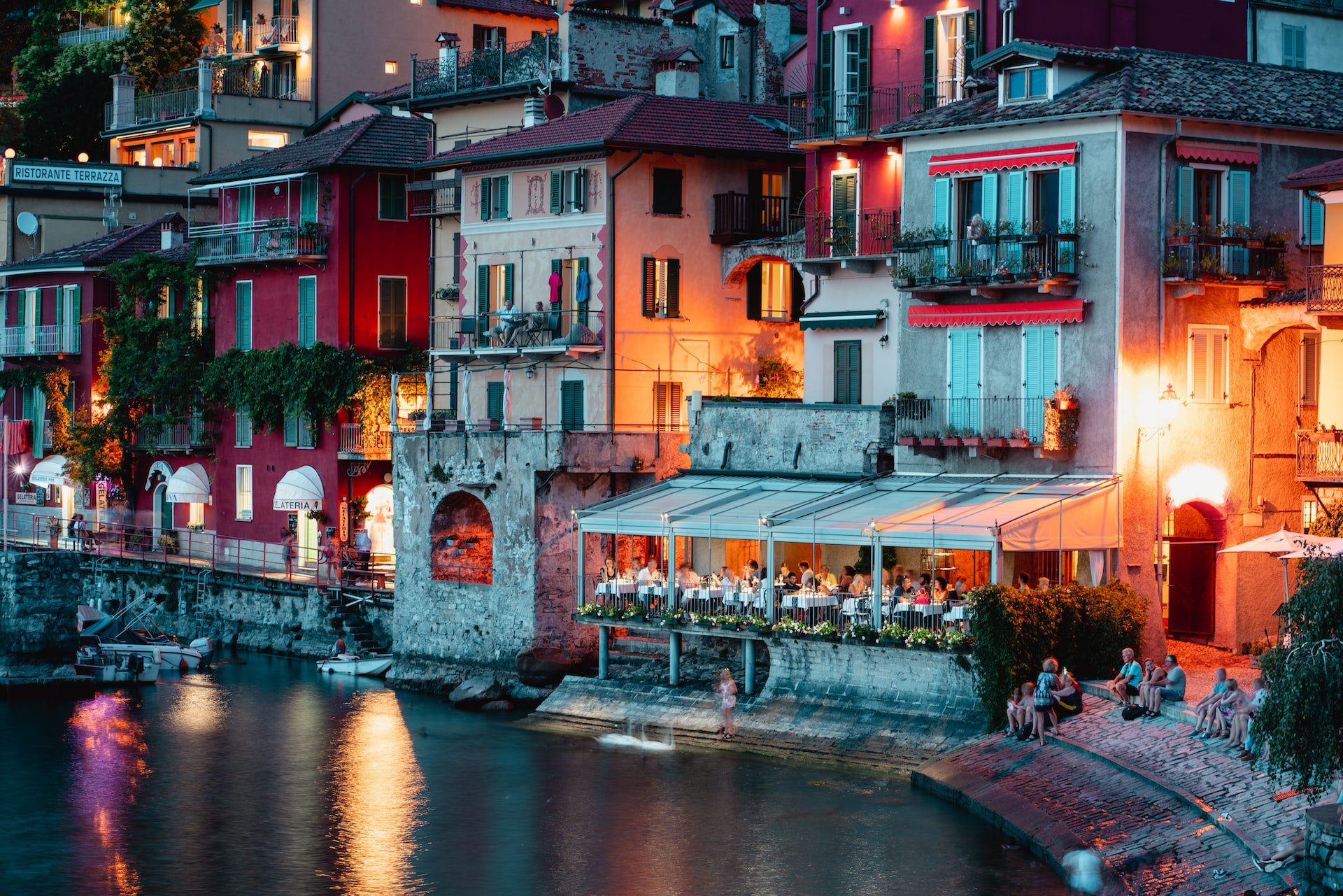
What's the Difference Between Travel and Tourism?
Travel and tourism are related but distinct concepts. Travel refers to the act of going from one place to another, typically for leisure or business purposes. It can involve various modes of transportation, such as driving, flying, or taking a train.
Tourism, on the other hand, refers to the activities and services that are provided for the benefit of travelers. It encompasses a wide range of industries, including hospitality, transportation, and entertainment, and it often involves the promotion and development of tourist destinations.
In short, travel is the act of going from one place to another, while tourism refers to the activities and services that are provided to travelers at their destinations.
For example, if you go on a vacation to a beach resort, the act of getting to the resort (such as flying or driving) would be considered travel, while the activities you do at the resort (such as staying at a hotel, eating at restaurants, and participating in activities like snorkeling or parasailing) would be considered tourism.
Macroeconomics of Tourism
According to data from the World Tourism Organization, the top 10 most visited countries in the world in 2019 were as following. Data is accompanied with WTTC’s (World Travel and Tourism Council) tourism industry’s percentage from GDP for each country in the top 10 list.
Top Tourism Countries by Nominal Tourism Revenue
- France (9.9%)
- Spain (11.4%)
- United States (2.9%)
- China (2.8%)
- Italy (11.9%)
- Mexico (7.4%)
- Turkey (13.3%)
- United Kingdom (3.4%)
- Germany (5.3%)
- Thailand (13.5%)
These countries have massive economies and they usually top the lists in attracting the most international tourists. But there are also many other popular touristic spots around the world, such as the Maldives, Aruba, the Bahamas, Bermuda and Costa Rica which have much larger tourism industry percentages in their total economies.

While the countries listed above are relative big economies and they are top tourism countries based on nominal value, some countries with smaller economies rely a lot more heavily on tourism to have a stable economy. Some of the countries with the biggest tourism share in their total GDP are:
Top Tourism Countries by Share from GDP
- Maldives (45.5%)
- Aruba (33.9%)
- Macao (30.8%)
- Bermuda (25.2%)
- Antigua and Barbuda (23.4%)
- Barbados (22.7%)
- St. Kitts and Nevis (22.5%)
- Dominica (21.6%)
- St. Lucia (21.1%)
- The Bahamas (20.7%)
(According to data from the World Bank. The countries with the highest share of their gross domestic product
(GDP) from tourism vary depending on the time period and the methodology
used to calculate the data.)
These countries along with many others take a massive hit from tourism revenues and incur big losses to their GDPs during the pandemics and other disruptive events and crisis times. This experience is crucial in analyzing the future of the tourism industry and what potential disruptors might be on the horizon.
In 2020 alone, the travel and tourism industry lost $4.5 trillion in GDP and 62 million jobs.
-World Economic Forum
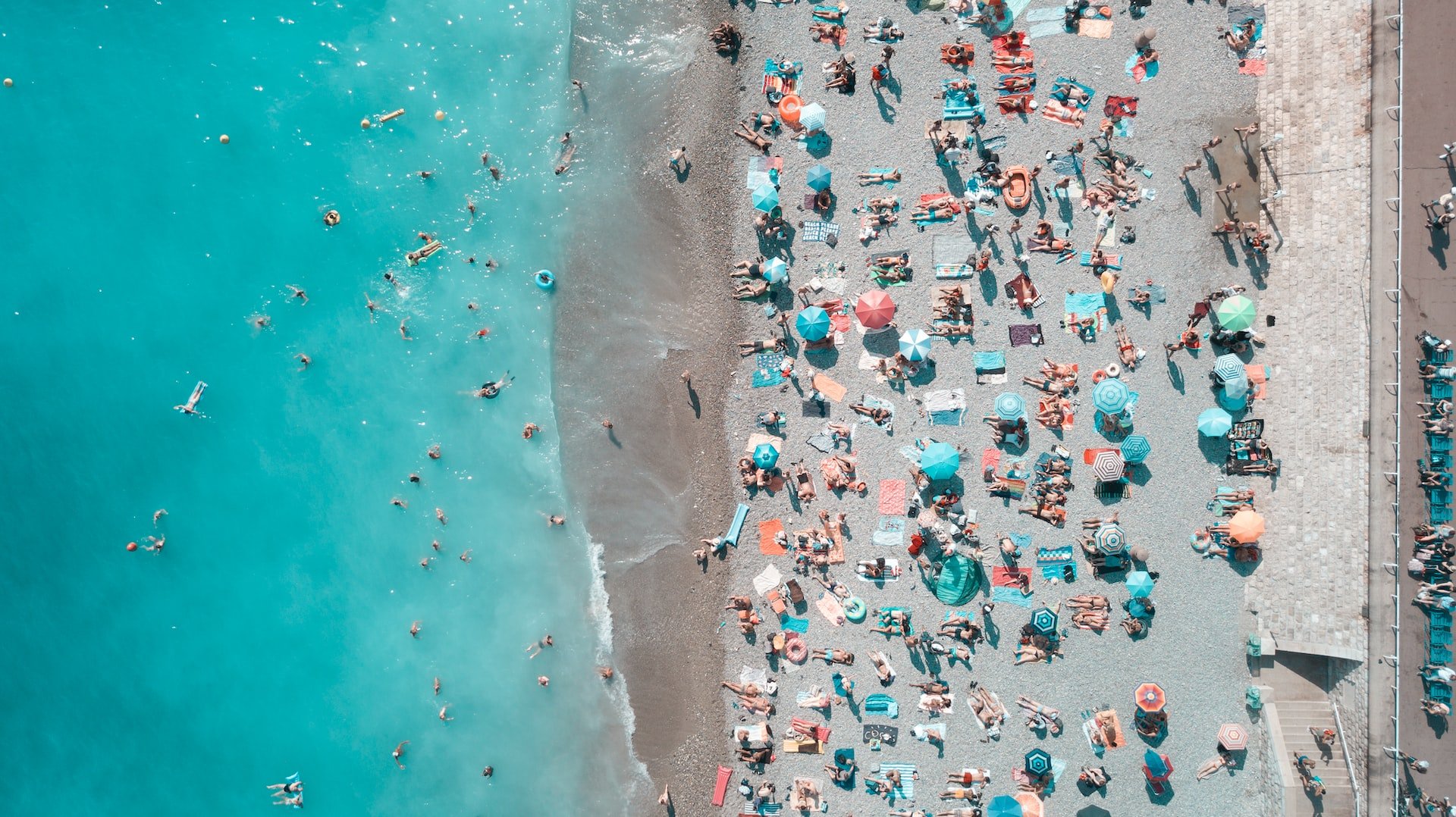
If tourism industry and its stakeholders know one thing, it is that the industry is quite vulnerable to a variety of major disruptions whether it’s natural force majeur events, political developments, pandemics and increasingly technological advances such as AI, Robotics and Next Generation Transportation technologies. Here are some interesting reads:
Tourism Industry in the next 50 Years
There will be many surprises along the way as tourism is influenced by a wide range of factors, including technological advances, disruptive events, global economy and political developments, and changing consumer preferences. However, we can make a sophisticated guess about potential changes that could occur in the tourism industry over the next 50 years. As a reminder, this article mainly focuses on the tech disruption aspect (particularly AI) of “Tourism’s Next 50 Years“.
Potential Tourism Disruptions

OpenAI has just announced ChatGPT Plugins and it allows the AI models to connect to real time data and APIs of many web services including the ones used in travel. Unsurprisingly, travel companies Expedia and Kayak were one of the first companies to publish their unique plugins for ChatGPT allowing AI to search booking information for you on the go. Some of the first demonstrations are highly promising.
Using the advancements in AI, tourists and travelers can now introduce their bookings, trip plans and other details from real time data to the chats they are having with ChatGPT which is a game changer. We can expect hundreds of more plugins to arrive the ChatGPT ecosystem soon.
Strategically, there are several potential categories of disruptions that could impact the tourism industry in the future. Some examples include:
- The continued growth of the internet and online booking platforms, as well as the increasing use of mobile devices, could make it easier for people to plan and book trips and could lead to greater competition among businesses in the tourism industry.
- Advances in transportation technology, such as the development of electric and autonomous vehicles, could make travel more affordable and convenient, and could introduce new business models and services in the tourism industry.
- The rise of new technologies, such as AI, virtual reality and augmented reality, could change the way people experience travel, and could introduce new opportunities for businesses in the tourism industry, such as virtual tours and experiences.
- The increasing impact of climate change and environmental concerns could lead to a greater focus on sustainable and responsible tourism, and could drive the development of new technologies and practices that reduce the environmental footprint of tourism.
- The increasing importance of social media and online review platforms could continue to shape the way people research and choose travel destinations and accommodations, and could make customer feedback and online reputation even more important for businesses in the tourism industry.
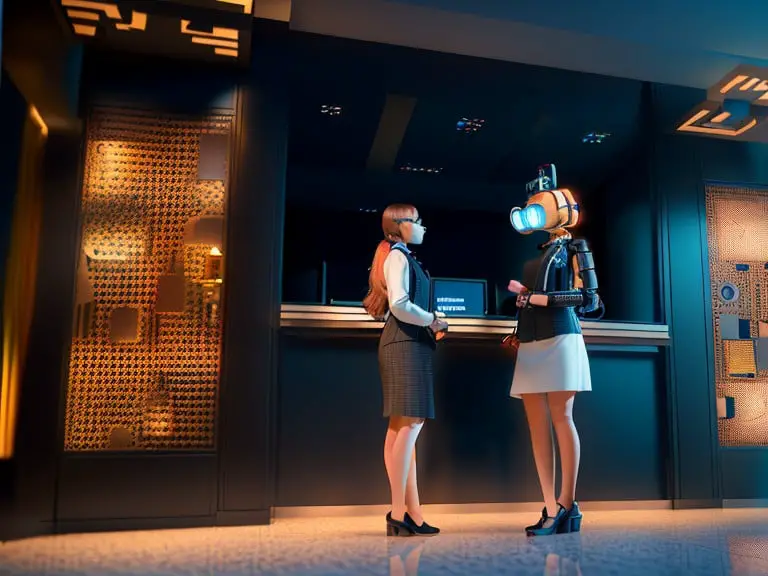
How Artificial Intelligence Will Impact Tourism
Overall, the tourism industry is likely to face many tech disruptions in the future, as new technologies and business models continue to emerge and evolve.
We will continue exploring how Artificial Intelligence will impact tourism.
AI in Transportation
Emerging technologies in transportation, such as autonomous vehicles, electric vehicles, and hyperloop systems, are likely to have a significant impact on the tourism industry in the future. These technologies have the potential to improve the efficiency, accessibility, and sustainability of transportation systems, which could make it easier and more enjoyable for people to travel for leisure or business.
For example, autonomous vehicles could reduce traffic congestion and increase safety on the roads, while electric vehicles could help to reduce carbon emissions and air pollution. Instead of fatigue caused by driving, tourists can start enjoying their journey the moment they left their origin point and they can also start interacting with their touristic activities or clear various chores on the way.
Hyperloop systems could enable people to travel long distances quickly and comfortably, without being affected by weather or other delays. These technologies could also create new opportunities for innovation and growth in the tourism industry, such as the development of new travel destinations, attractions, and experiences.

AI for Personalization in Tourism
Recently, we have seen OpenAI’s ChatGPT demonstrate very impressive precision and human like conversation skills. Although this is scary for many people, industry leader venture capitalist Marc Andreessen believes it won’t cause unemployement and majority of the AI’s impact to humanity will be positive.
In Marc Andreessen’s AI-related substack post, you can read about his arguments on how tech driven economies are becoming more affordable and AI isn’t likely to cause job apocalypse (also due to significant bottlenecks from regulations).
Recommendation Engines for Tourism:
While AI’s impact in tourism might be positive in long term, it will certainly shift and transform certain aspects of the industry from the personalization point as well. For example, by providing data to AI, we can completely personalize a travel experience from tip to toe for a specific individual or even groups. Data processed by AI can be programmed to make recommendations using recommendation engines. No matter how big and diverse, AI can crunch data to create highly personalized routes, activities, brand choices, location decisions and even interactions with other systems or humans.
Personalized Chatbots for Tourism:
Additionally, AI models similar to ChatGPT and Bard can be used to create hotel receptionists, butlers, concierge services and 24/7 tourism assistants with extremely high precision and personalization. This technology already exists and it will penetrate hotels and all parts of travel & tourism in the future. AI can work a night shift on New Year’s Eve without complaining while human staff members can celebrate special events with their friends and families. Although jobs will evolve, this doesn’t mean they will completely evaporate. In fact, most of the economical development in the last few decades suggest us higher wages and more jobs for qualified professionals who proactively redefine their roles and don’t fall behind tech trends.

AI in IoT & Tourism
The Internet of Things (IoT) is a network of interconnected devices, sensors, and systems that can collect, share, and analyze data about the world around us. In the tourism industry, IoT technology has the potential to transform the way that travelers plan, book, and experience their trips.
For example, IoT sensors and devices could be used to gather real-time information about weather, traffic, and other conditions at different destinations, which could help travelers to make more informed decisions about where to go and what to do.
IoT technology could also be used to enhance the customer experience at hotels, resorts, and other tourism facilities, by providing personalized services, recommendations, and offers based on the preferences and behavior of individual travelers. Overall, the use of IoT technology in the tourism industry is likely to lead to more personalized, convenient, and enjoyable experiences for travelers in the future.
AI in Space Tourism
Space tourism, or the practice of traveling to and from outer space for leisure or research purposes, is a relatively new and rapidly growing industry. While it is still in the early stages of development, space tourism has the potential to have a significant impact on the wider tourism industry.
Artificial Intelligence will greatly accelerate space tourism and space technologies as it reduces the reliance on humans for risky operations during the development and test phases of space operations. Autonomous spaceplanes, reliable and proven AI space assistants, control systems for space vehicles and AI-powered robots that can perform risky repair and maintenance tasks will be exceptionally handy.
Additionally, AI & Machine Learning enables analysis of data produced by space travel and space systems at unprecedented levels. It will all take some time and proof of safety for human use but we will get there. We have done it in the aerospace industry in the past by making jet planes extremely safe and reliable over the years.
The National Space Society has a great article about benefits of space tourism where you can find out great positive impact will be derived from space tourism that goes way beyond tourism. For example,
- acceleration of orbital achievement through suborbital space tourism
- better defense mechanisms for our planet Earth
- achieving personal connection with space as humans
- unworldly experiences that can’t be experienced anywhere else
- impacts on artists’ work which may influence masses
- advancements of science and technology through indirect impact from conquering challenges of space
The emergence of commercial spaceflight companies, such as SpaceX, Virgin Galactic and Blue Origin, has sparked interest and excitement among travelers who want to experience the thrill of space travel. Sir Richard Branson, achieved his dream of traveling to outer space using a Virgin Galactic’s suborbital spaceplane SpaceShipTwo.
The development of space hotels, space stations, and other tourism infrastructure in low Earth orbit could also create new opportunities for innovation and growth in the tourism industry.
Additionally, the advent of space tourism could inspire the development of new technologies, products, and services that could benefit the wider tourism industry, such as advances in transportation, communication, and sustainability. Overall, space tourism is likely to have a transformative effect on the tourism industry in the coming years.

Sustainable Tourism
Evolving human psyche brings a collective value set which advocates responsible traveling practices.
These movements may seem silent until the tipping point but they are known to reach levels to completely transform consumer behavior and preferences in history.
For example, Responsible Travel is one such organization that pioneers and advocates responsible, just, inclusive and nature positive travel. Founded by Justin Francis, advisor to the UK government, responsibletravel.com’s site metrics are on a growing trend in the recent years although the site is active since 2001.
We can expect to see such positive trends becoming more and more popular among travelers and tourists in the future as the collective human psyche continues to advance and evolve for the better.
Harvard University Graduate School of Design has a very relevant piece about a higher-level engagement with the touristic activities where famous Architect Toshiko Mori says:
“Tourism is consumption-based—humans going somewhere to take and take and take. We don’t give back and we don’t even think of the symbiosis that’s necessary to sustain human life in the forest.”
– Architect Toshiko Mori
Further reading on Sustainable Tourism:
- Can tourism ever be sustainable?
Research paper by Viana Hassan, Mohamad Knio, Georges Bellos suggests devastating effects on tourism during the pandemic period might bring a tourism industry that is more aligned with the sustainable practices which means more resilient industry.
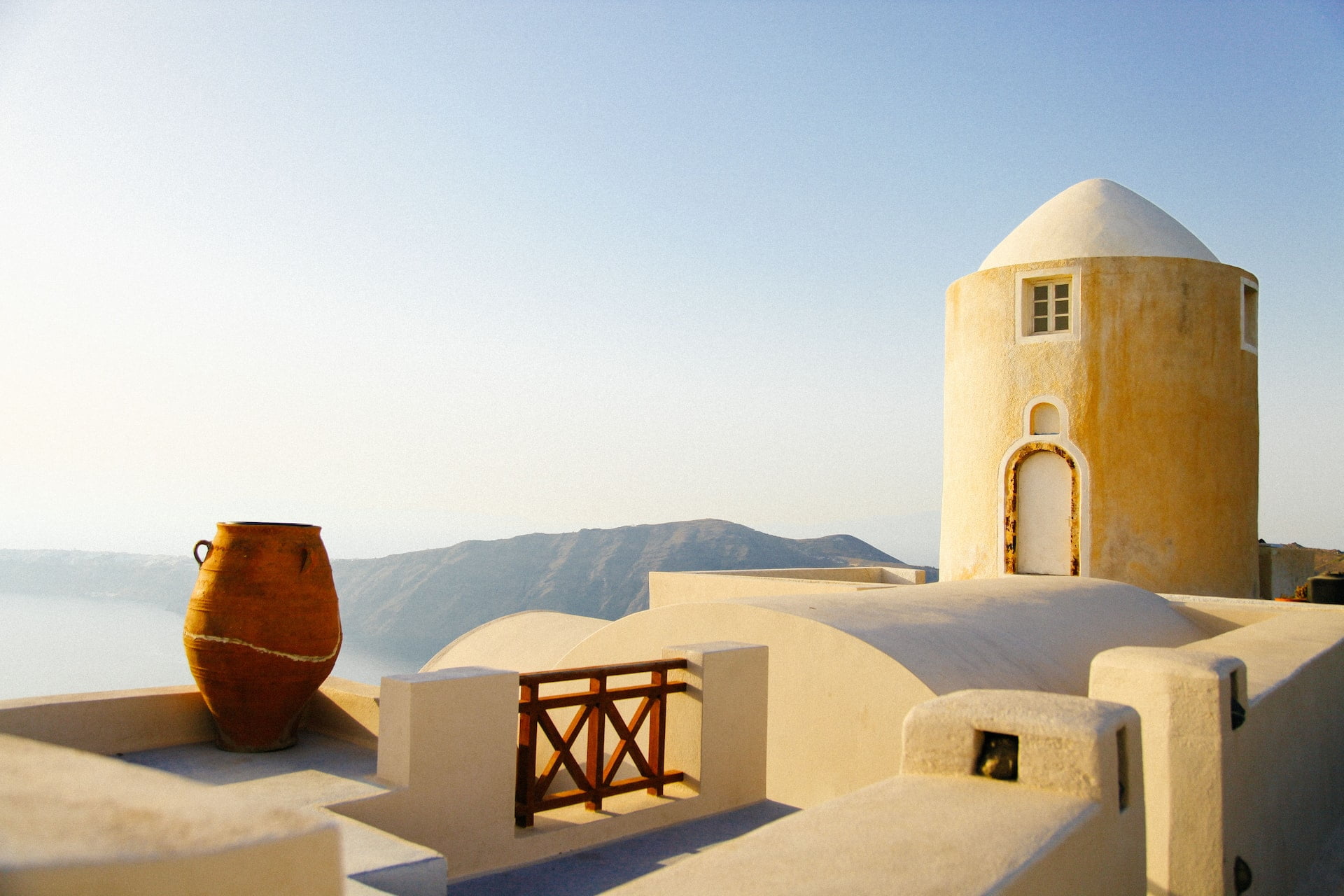
This is a trend that won't be possible without sustainable tourism practices.
Tourism Education
Currently, tourism education is still quite traditional and students as well as a academia are running the risk of missing opportunities as well as being vulnerable to significant technological disruptions. Such disruptions can occur in short span of time such as 5 or 10 years or even shorter.
For example a student invests significant amount of time and effort from their liveliest and most energetic years and college education is usually funded by self, family resources or government resources. With an outdated education however, students run the risk of making a huge investment in something that will not be relevant by the time they gradute and start looking for jobs.
Let’s take a look at a few institutions commonly referenced as best tourism schools.

Tourism Education in various regions and countries
Switzerland:
EHL – Ecole Hôtelière de Lausanne, Glion Institute of Higher Education, Les Roches Global Hospitality Education, Swiss Hotel Management School, Hotel Institute Montreux, Cesar Ritz Colleges, IHTTI School of Hotel Management.
Europe:
USA:
Asia – Oceania
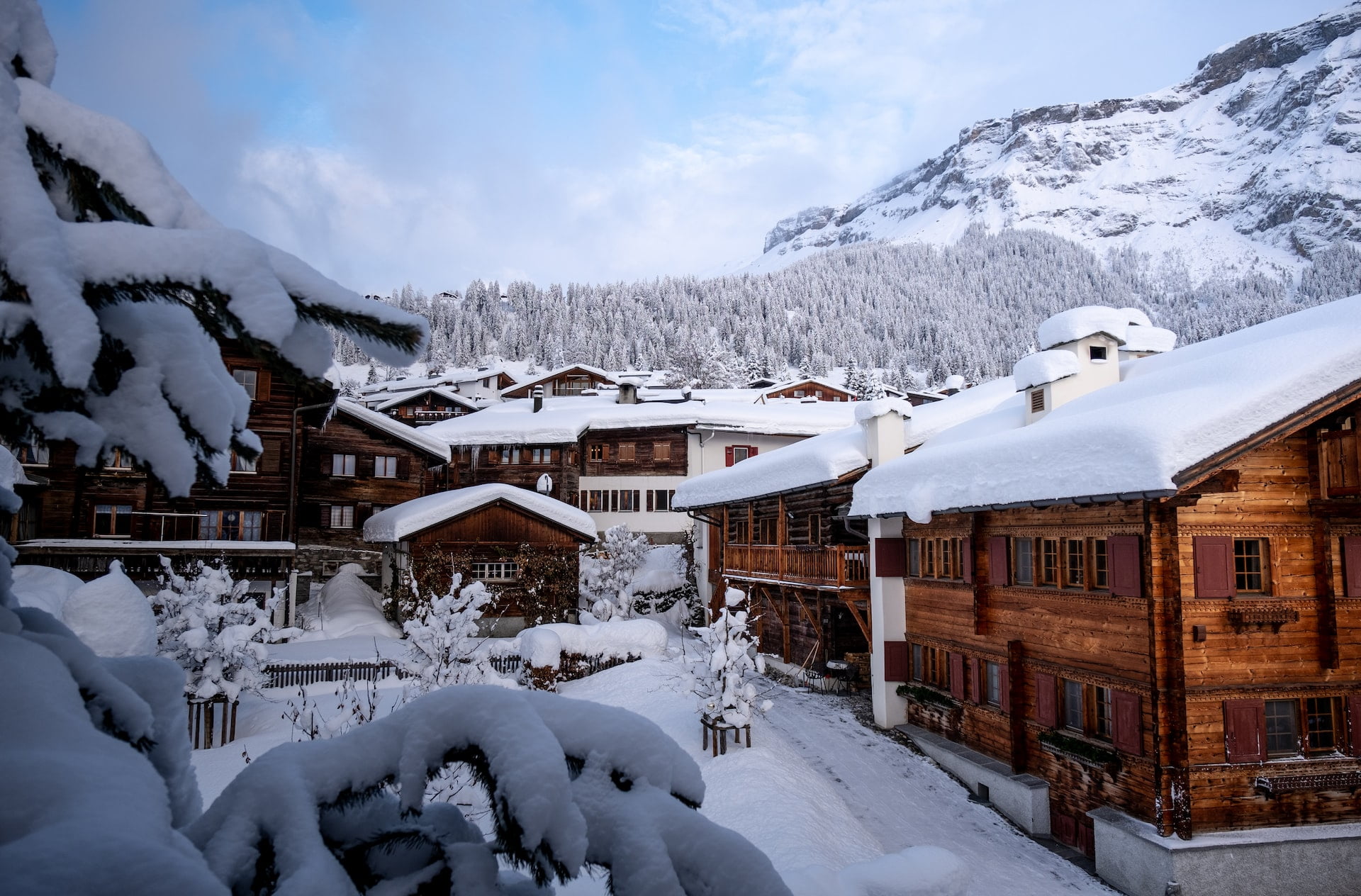
tech related tourism degrees
There are several tourism-related tech degrees that you can pursue, depending on your interests and career goals. Some common examples of tech-focused tourism degrees include:
- Bachelor of Science in Tourism and Hospitality Management with a concentration in Data Science,
- Bachelor of Arts in Tourism Management with a focus on technology and innovation,
- Master of Science in Tourism Management with a specialization in AI Models.
These programs would often cover a range of topics, including hospitality technology, tourism information systems, e-marketing, ai models and data analysis for the tourism industry. Some programs may also offer specialized tracks in areas like virtual and augmented reality, online travel booking, or social media marketing for tourism.
An important thing to note is that, these new courses would likely require a different required skills from the get go such as basic programming, Rest API development, Data Types, AI Models and their parameters. Other high-synergy topics for tourism industry could be:
Students & Professors can benefit greatly from exploring these topics and getting hands-on experience with AI. These terms might sound completely foreign to someone from non-STEM background but they are quickly becoming part of our daily lives as technology and software usage grows at an exponential rate.
traditional tourism degrees
There are many different tourism degrees that you can pursue, depending on your interests and career goals. Some common examples of tourism degrees include
- Bachelor of Science in Tourism and Hospitality Management,
- Bachelor of Arts in Tourism Management,
- Master of Science in Tourism Management,
- PhD in Tourism Studies.
These programs often cover a wide range of topics, including hospitality management, tourism marketing, event planning, and sustainable tourism. Some programs may also offer specialized tracks in areas like adventure tourism, culinary tourism, or cultural heritage tourism.
Summary
All research, emerging technologies and evolving consumer behavior suggest that tourism industry as a whole is due for massive and fundamental changes.
It will be useful for everyone to practice awareness and take proactive measures before the evolution of tourism industry accelerates. Tourism students, professors, academicians, touristic business owners, local and central governments can find merits in becoming savvy about highly disruptive technologies such as AI and blockchain to avoid negative outcomes ranging from disappointment on the mild end to catastrophic revenue loss and environmental damage on the severe end.
Having shared cautious comments, it’d be fair to add that there has never been a more exciting time to reshape and reimagine the tourism industry’s future in mutually beneficial ways using emerging technologies.
References
[1] World Economic Forum : Future of Travel Tourism Sector Leaders Report
[2] HSMAI : Machine Learning and Artificial Intelligence in Travel
[3] L.E.K. Consulting : How AI Will Shake Up the Travel Industry
[4] Research Paper: How COVID-19 Will Change the Future of Tourism Industry
[5] Harvard Graduate School of Design: The Future of Tourism: Can the Pandemic Change How We Visit Popular Sites for the Better
